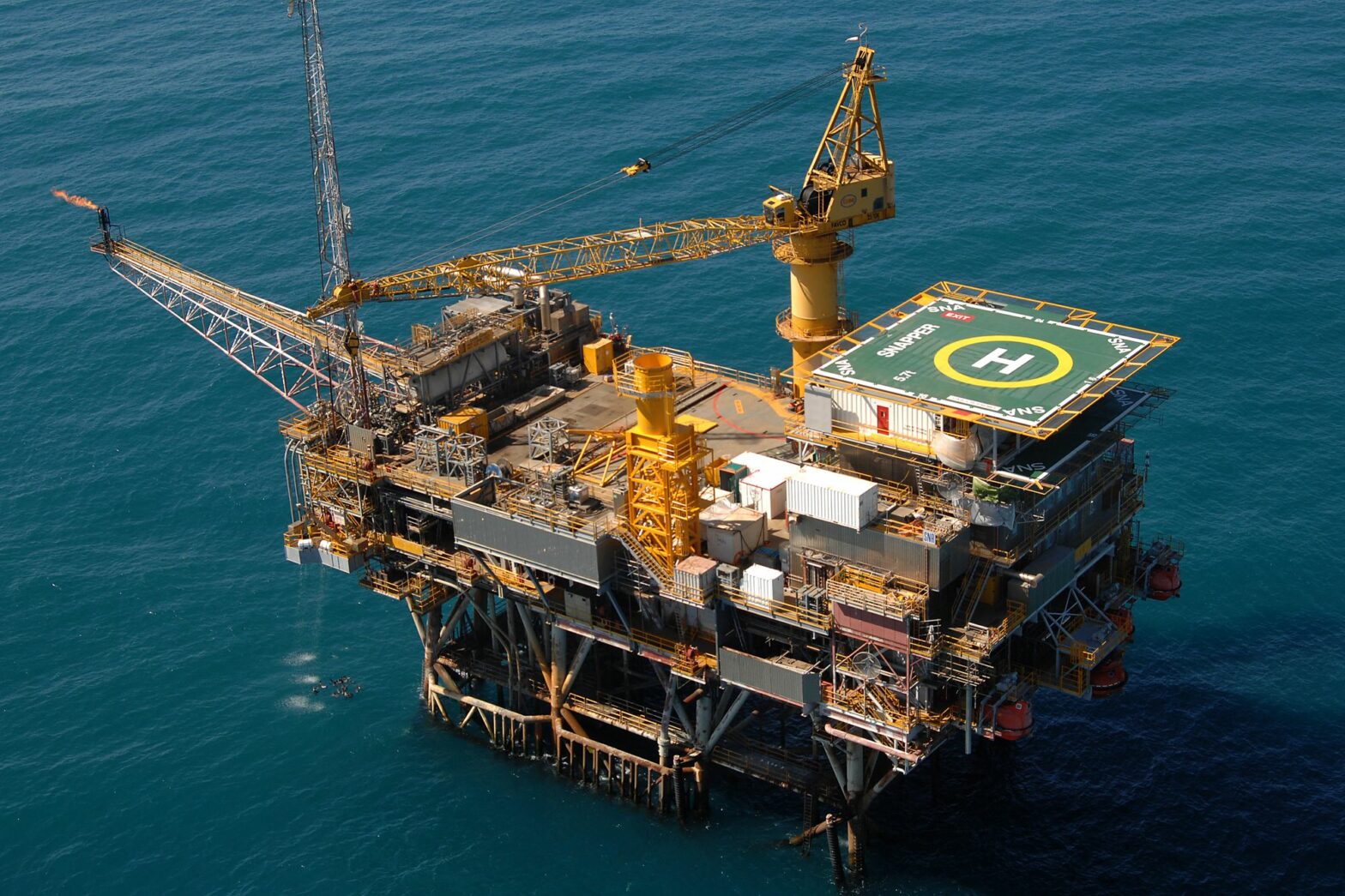Perhaps the federal government has identified a shift in public sentiment, as it is likely that they will impose a tax on the windfall profits of gas producers during the May budget. Which speaks to how confident the Albanese government is in its popularity within the electorate, considering the scarring from the Mining Tax experience on several key players from the Rudd / Gillard years.
This would follow the example set by the then Boris Johnson government that imposed a 25 % windfall profit tax on oil and gas producers profits in May 2022. The revenue gained from this tax was then used to fund a household support package.
Apparently, this change builds upon the technical review of the Petroleum Resource Rent Tax (“PRRT”) by Treasury, commissioned by the former Coalition government, which has evolved into a material overhaul of the tax. The PRRT is set at 40 cents in the dollar once offshore oil and gas projects have become cash flow positive, which can take years or even decades to come into effect given the upfront deductibility of construction and operational costs.
Treasury’s review was meant to concentrate upon the gas transfer pricing rules within our maritime economic zone, after a report identified there were several gaps within the legislation to be addressed. The 2017 Callaghan report said that vertically integrated LNG or electricity generation projects typically undervalued the gas price compared to an arm’s length market price. Which thereby reduced the PRRT paid by integrated projects and, the report suggested that the tax be brought in line with the best practices established by the Organisation for Economic Co-operation and Development.
The revenue from the amended PRRT has been earmarked for household energy bills, and rising portfolio expenditure in aged care, disability, defence, health and on interest payments. Considering the announcement of the acquisition of the Virginia class submarines is likely to encourage any government to increase their tax receipts.
Key industry players such as Woodside Energy, Shell and Santos have signed confidentiality agreements regarding their consultations with Treasury regarding the PRRT changes. Furthermore, it should be noted that these consultations commenced in April 2019 under the former Coalition government, so the process has been ongoing for some time.
It is important to understand that while the energy companies will pay the corporate tax rate of 30 cents in the dollar, they typically pay limited to no PRRT due to tax write offs for their enormous capital expenditure. Although the Coalition amended the PRRT legislation to deny about 6 billion in future tax deductions by quarantining the ‘exploration’ related deductions for oil and gas ventures to the long-term bond rate plus 15 percentage points, thereby reducing the compounding deduction impact.
All in all I expect that the federal government will simplify the upstream gas transfer pricing approach to a netback basis, which would increase the PRRT profit calculation. Along with ensuring that the largest tax deductions were applied first to reduce the impact of the deduction scale compounding over time.
While the Opposition might oppose the tax amendment on ideological grounds, it is likely to still pass parliament with the support of the Greens and Teal independents.

